How the Blue Economy Can Help Solve the Climate Crisis
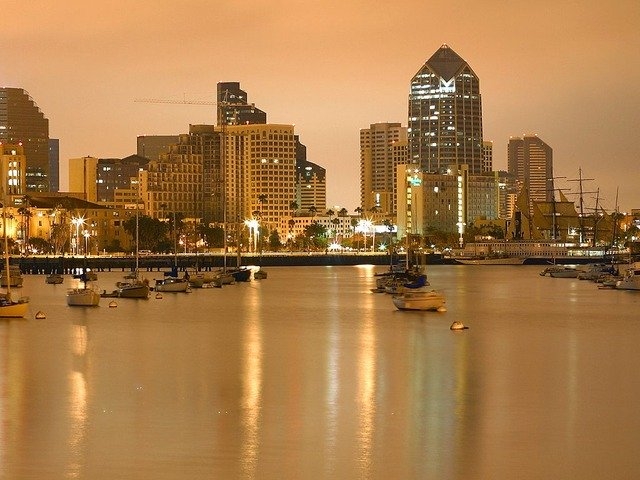
The Center for the Blue Economy at the Middlebury Institute of International Studies (MIIS) is actively engaged in promoting the development of a blue economy for the 21st century that can help solve humanity’s greatest challenge: climate change. We celebrate our 10-year anniversary with a panel discussion from innovative experts on the cutting-edge of the ocean/climate connection.
How the Blue Economy Can Help Solve the Climate Crisis
Panel Discussion and Q&A
Thursday, April 29th, 2021
12:30pm to 1:30pm PT
Online via Zoom, Registration Requested
(Zoom link sent to all registered attendees)
Free, Open to the Public
Register Here: How the Blue Economy Can Help Solve the Climate Crisis
About the Event
As part of the Center for the Blue Economy’s 10-year anniversary celebrations, join us for this April 29 event with innovative leaders in the field. Learn how key blue economy sectors are at the forefront of confronting the climate challenge. The “blue economy” comprises the economic activities that create sustainable wealth from the world’s oceans and coasts.
The panel discussion will be led by Dr. Charles Colgan, Director of Research at the Center for the Blue Economy, and the event will be introduced by host Dr. Jason Scorse, Director, Center for the Blue Economy; Associate Professor and Program Chair, International Environmental Policy Studies program. As time allows, questions will be taken from the audience.
About the Panelists
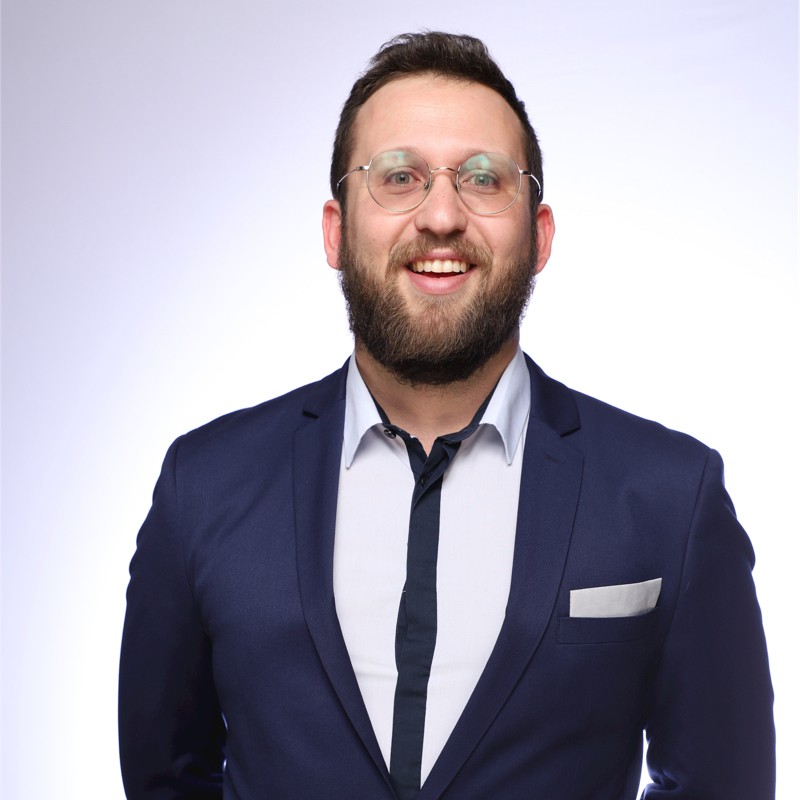
Nico De Golia, Director, Global Sustainability & Corporate Citizenship, Crowley Maritime Corporation
Nico leads Crowley’s sustainability (Environmental, Social, and Governance-ESG) efforts to harness investment opportunity while helping the company ensure its relevance into 2026 and beyond, across all business units. By bringing together diverse stakeholders and data driven solutions, Nico drives Crowley’s ESG performance and enriches lives through innovative solutions, technologies and strategies done right.
Nico previously worked with the transport and logistics industry to advance more sustainable, climate-resilient, and inclusive operations through collaborative initiatives and research at Business for Social Responsibility (BSR). At BSR, he helped to lead the transport collaboration portfolio including the Clean Cargo Working Group, the Sustainable Air Freight Alliance and the Future of Fuels Initiative.
Nico attended the Middlebury Institute for International Studies at Monterey, where he was awarded an M.B.A. with a focus in Resilient Business Management and an M.A. in International Environmental Policy with dual-foci in Ocean and Coastal Resource Management and Sustainable Business and Development. Additionally, Nico obtained professional certificates in Impact Investing and Social Enterprise Management from the award-winning Frontier Market Scouts program. He also holds joint B.A. degrees in Geography and Political Science from Middlebury College in Vermont and speaks English, French, Spanish, and Italian.
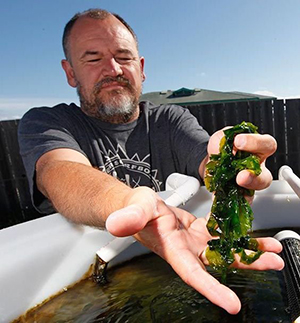
Dr. Michael Graham, Professor of Marine Ecology, Co-Managing Editor, Journal of Phycology, Moss Landing Marine Labs; Founder/Owner, Monterey Bay Seaweeds
Dr. Graham is Professor of Marine Ecology at the Moss Landing Marine Labs. His expertise is in the ecology of kelp forests in California and worldwide, with a recent expansion into the field of sustainable aquaculture. He has conducted research on kelp forest ecology around the planet (Australia, New Zealand, Japan, Chile), including the discovery of new kelp forests in the deep tropical waters of the Galapagos. He is a fellow of the California Academy of Sciences, past-President of the Western Society of Naturalists, associate editor for the journal Ecology and managing editor for the Journal of Phycology, and is the recently appointed director of research and development of the Center for Aquaculture at the Moss Landing Marine Laboratories. He also owns and runs a small seaweed farm in Moss Landing (Monterey Bay Seaweeds) with his wife and family.

Alyssa Mann, Project Director for Disaster Resilience, The Nature Conservancy
Alyssa Mann is a Project Director for Disaster Resilience at The Nature Conservancy. She is based in Los Angeles, CA, and focuses on developing and implementing nature-based strategies to ensure a more resilient California. Some recent projects include restoring and revitalizing Ormond Beach in Oxnard, CA, nature-based adaptation of Highway 1 at Elkhorn Slough in Monterey County, and developing resilience strategies for the Point Mugu naval base and surrounding wetlands.
Prior to joining TNC, Alyssa worked at the NOAA Sea Grant program at the University of Southern California (USC), where she focused on planning for climate change impacts along the coast and building community resilience. Her background is in emergency management and international affairs, having worked at multiple federal and state government agencies, including FEMA, the U.S. Department of State, and the State of California. She received her Master of Public Administration from USC and B.A. in International Political Economy from the University of Puget Sound. She also received multiple fellowships including the Presidential Management Fellowship and the California Governor’s Executive Fellowship.
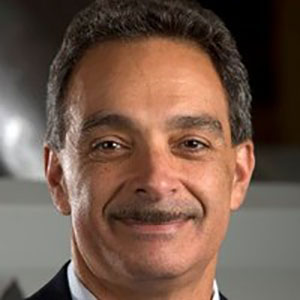
Dr. Habib Dagher, Executive Director of the Advanced Structures & Composites Center, University of Maine
Dr. Habib Dagher, P.E. is the founding Executive Director of the Advanced Structures & Composites Center, a National Science Foundation funded research center housed in an 100,000 ft2 laboratory with more than 220 full and part-time personnel. The UMaine Composites Center is a world leader in the development of low-cost, high-performance structural composites for construction. The Center has served more than 500 clients worldwide, and has received top national awards for its research.
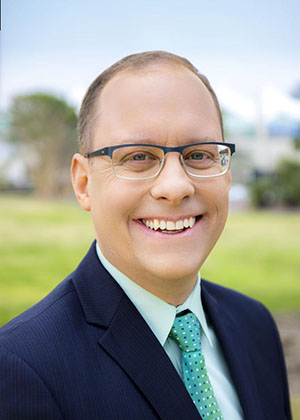
Jason Giffen, Vice President, Planning, Environment and Government Relations, Port of San Diego
Jason H. Giffen was appointed Vice President of Planning, Environment and Government Relations for the Port of San Diego in October 2019. He formerly served as Assistant Vice President of Planning and Green Port, and prior to that was Director of Environmental & Land Use Management. Giffen’s extensive experience before joining the Port includes leading environmental and land use initiatives for the counties of San Luis Obispo and San Diego. Giffen earned a bachelor’s degree with a double major in Business Marketing and Foreign Language & Cultures from Mercyhurst University, and a master’s degree in International Environmental Policy from the Middlebury Institute of International Studies at Monterey. In 2018, he received executive education in Sustainability Leadership through Harvard University’s Center for Climate, Health, and the Global Environment.
About the Moderator
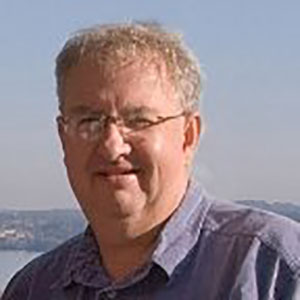
Dr. Charles Colgan, Director of Research, Center for the Blue Economy, Middlebury Inst. of Intl. Studies
Dr. Charles Colgan is the Director of Research for the Center for the Blue Economy (CBE) overseeing the conduct of research activities and serving as Editor-in-Chief of the Journal of Ocean and Coastal Economics. In addition, he serves as adjunct faculty in the International Environmental Policy Studies program.
Dr. Colgan served as a consultant with the National Ocean Economics Program (NOEP) for more than 14 years. The launch of the NOEP laid the foundation for a new field of study based on a unique methodology that Dr. Colgan innovated, with consistent time series data that allowed the public to track trends in ocean and coastal economics over time.
Prior to his role as Research Director for the CBE, Dr. Colgan served as a Professor of Public Policy and Management in the Edmund S. Muskie School of Public Service at the University of Southern Maine. Dr. Colgan was the Chair of the Muskie School’s PhD Program in Public Policy and is a Senior Research Associate in the USM Center for Business and Economic Research. His long term economic forecasts are used by the Maine Department of Transportation and the Economic Development Districts of Maine. Prior to joining the University of Southern Maine, he served in the Maine State Planning Office, was State Economist, and Director of Natural Resource and Economic Policy.
About the Host
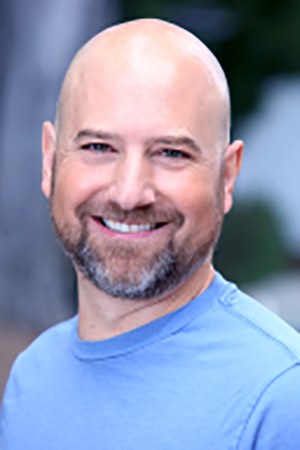
Host: Dr. Jason Scorse, Director, Center for the Blue Economy; Associate Professor and Program Chair, International Environmental Policy Studies program, Middlebury Inst. of Intl. Studies
Jason Scorse completed his Ph.D. in Agricultural and Natural Resource Economics at UC-Berkeley in 2005 with a focus on environmental economics and policy, international development, and behavioral economics. Upon graduation, he became a full-time faculty member of the Middlebury Institute of International Studies at Monterey. He teaches courses in environmental and natural resource economics, ocean and coastal economics, and behavioral economics. In 2009 he was promoted to the Chair of the International Environmental Policy Program, and in 2011 Professor Scorse became the Director of the Center for the Blue Economy.
Professor Scorse has consulted for major environmental organizations, such as the Sierra Club, The Natural Conservancy, Earth Justice, and Oceana. In 2010 his book, What Environmentalists Need to Know About Economics, was published by Palgrave Macmillan. Dr. Scorse holds a position on the Monterey Bay National Marine Sanctuary Research Activities Panel and Save Our Shores’ Policy Committee, and is the MIIS faculty liaison for UC-Santa Cruz’s MARINE program.
Online via Zoom
https://middlebury.zoom.us/j/92214559551?pwd=cEhnSVAvMGZCRmk4dm8vaWljYTBSZz09
Password: BlueEcon
Meeting ID: 922 1455 9551
Or iPhone one-tap :US: +16699006833„92214559551#
Or Telephone: US: +1 669 900 6833 or +1 346 248 7799 or +1 253 215 8782
Password: 04279205 (Password for phone only, no participant ID, press # to bypass)
International numbers available: https://middlebury.zoom.us/u/aecW2ulpXu
Questions
The Center for the Blue Economy is a research organization at the Middlebury Institute of International Studies. Our mission is to promote ocean-based sustainability solutions through leadership in economic research, education, and policy analysis. For questions contact: Rachel C. at cbe@miis.edu or visit centerfortheblueeconomy.org or call 831-647-4183 (must leave message and receive call back).
